
Hospitals with higher admission rates for chest pain have lower rates of acute myocardial infarction (AMI) and death.

Hospitals with higher admission rates for chest pain have lower rates of acute myocardial infarction (AMI) and death.
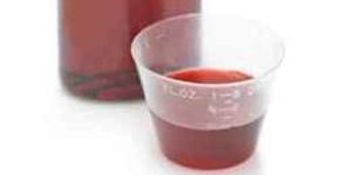
As part of its ongoing effort to reduce the risk of acetaminophen-related liver damage, the FDA has issued industry guidance for OTC pediatric oral liquid products containing acetaminophen.

Patients are surfing the Internet to self-diagnose their symptoms more than ever.
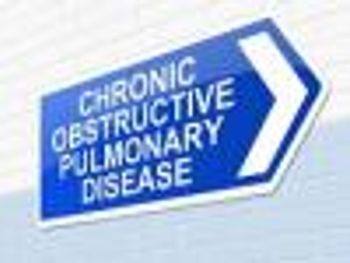
Up to 13% of patients diagnosed with COPD under the GOLD criteria are actually misdiagnosed.

Making birth control available OTC would improve women's access to oral contraceptives while producing dramatic cost savings, a new National Center for Policy Analysis (NCPA) brief argues.

Laughter is the best medicine that never requires a co-pay.

Patients with uncontrolled hypertension have better blood pressure control when pharmacists are included in their care teams.

Up to 13% of patients considered to have chronic obstructive pulmonary disease (COPD) under current criteria were recently found to be misdiagnosed.

The FDA is warning health care professionals and patients about prescribing and dispensing errors related to confusion between the antidepressant Brintellix and the blood thinner Brilinta.
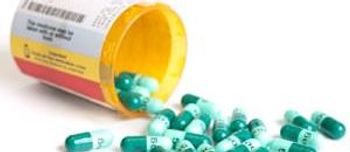
As many as 1 in 10 health care providers prescribe antibiotics for almost every patient they see with a cold or bronchitis, despite the fact that antibiotics are not effective against these viral infections.
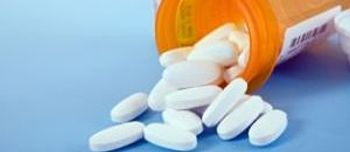
Naloxone expanded-access provisions that recently took effect in Colorado practically push pharmacists to provide the opioid overdose antidote to anyone requesting it.

The Institute for Safe Medicine Practices (ISMP) recently outlined safe practices for certain error-prone medications.

Participating manufacturers and health-systems are motivated to donate by moral imperatives and economic incentives.

In addition to showing ambition, health care professionals should play to their personality strengths in order to maximize their productivity and job satisfaction.

Could changes in the physical attributes of generic drugs affect patient adherence?

Legislation has been introduced in Congress to rein in skyrocketing generic drug prices.

A robotic pill may be the first oral agent to successfully traverse the acidic digestive environment to deliver biologic drugs that, to date, could only be delivered via injection.

With more than one-third of US adults regularly using the Internet to self-diagnose, there has been a proliferation of online symptom checkers offering streamlined medical advice.

The benefits of extending warfarin treatment following a first episode of pulmonary embolism (PE) are not sustained after discontinuation of oral anticoagulation.

Here are new drugs for 2015 that pharmacists can expect to handle.

Health-system pharmacists can play a pivotal role in ensuring medication adherence among anticoagulated patients during transitions of care.

Provider status legislation may be the signature pharmacy policy issue of 2015.

Charitable drug distributors are improving access to essential medications for low-income, uninsured patients in the United States.

The US House of Representatives today passed the 21st Century Cures Act by a wide margin.

Patients with any combination of diabetes, stroke, or myocardial infarction (MI) have a significantly lower life expectancy than those with only 1 of these cardiometabolic conditions.

Moving away from the pay-per-pill standard, Novartis will attempt a new pricing model based on clinical outcomes for its widely anticipated chronic heart failure (HF) drug.

More than 500,000 patients in the United States had treatment costs exceeding $50,000 last year.

The Supreme Court has ruled to allow states to continue using the controversial lethal injection drug, midazolam.
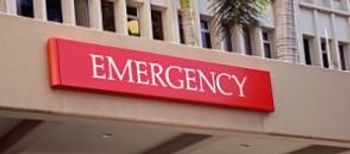
Many patients with systemic lupus erythematosus don't adhere to their medications, leading to significantly more emergency department visits and hospital admissions.

California's Affordable Care Act health insurance exchange marketplace is the first in the nation to enact a payment cap policy for expensive specialty drugs.